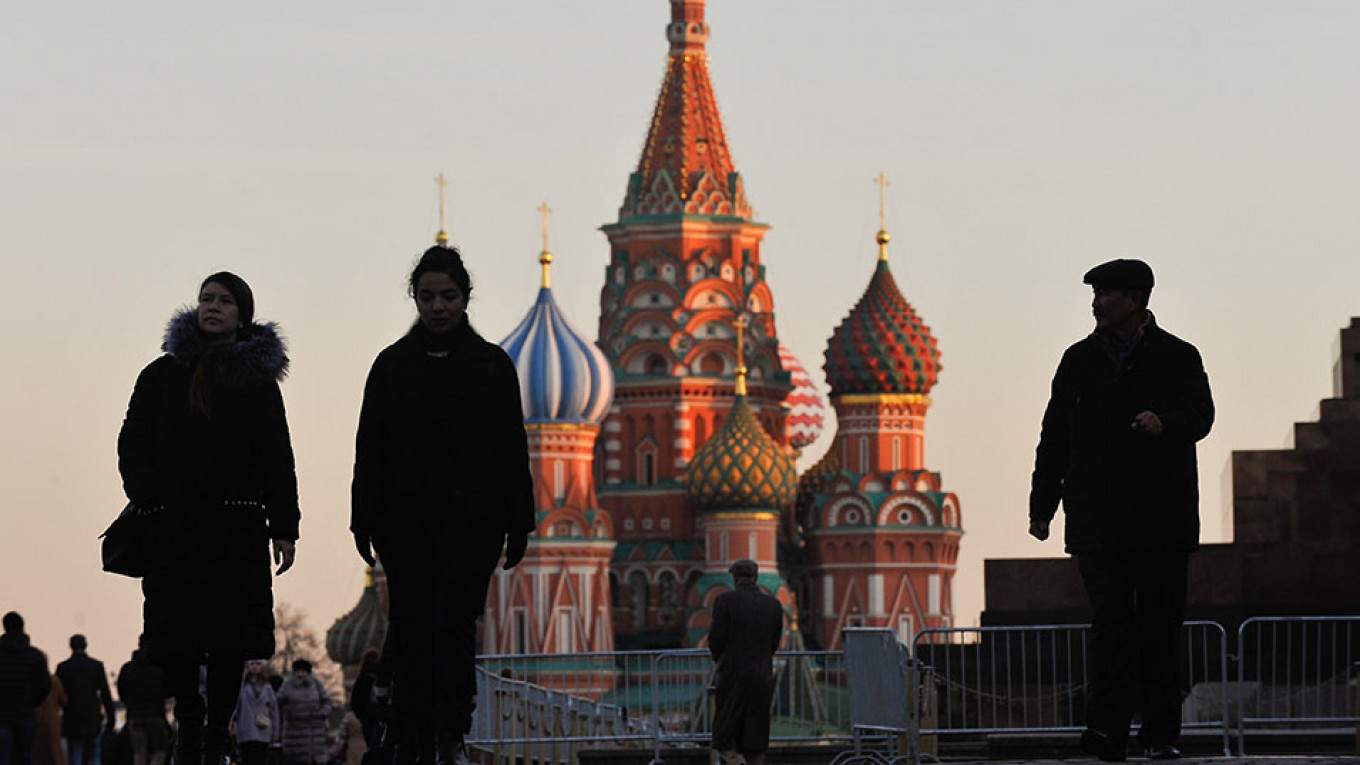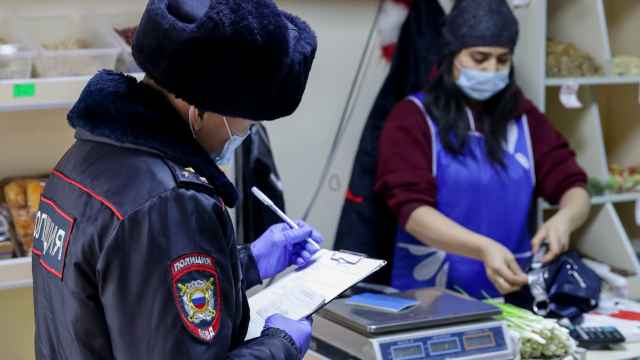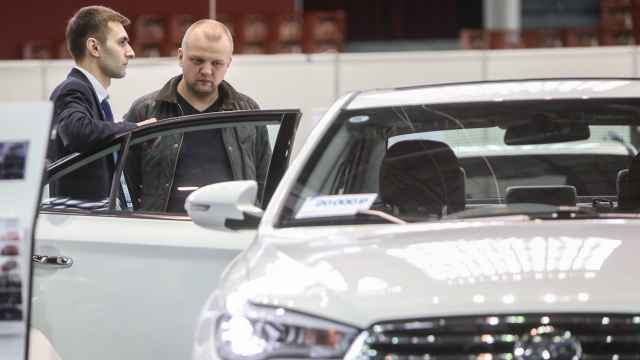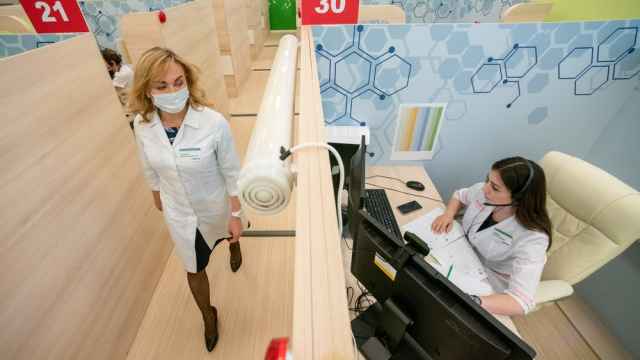European investors say Russia’s arduous regulations are a bigger barrier to doing business in the country than the coronavirus pandemic, a survey of foreign firms has found.
Almost seven in ten Association of European Businesses (AEB) members said regulations were a significant challenge to operating in Russia — the highest reading since the annual survey started in 2011. More than half said they do not expect the regulatory environment or problems with corruption to improve over the next few years.
Meanwhile, the coronavirus pandemic was cited by 57% of AEB members as the main obstacle, with most saying their sales had fallen as a result of the crisis. However, firms were hopeful that they could bounce back from the crisis relatively quickly, with more than eight in ten expecting their business to have recovered by the end of next year.
Despite an upbeat outlook on the economy over the medium-term, the survey revealed that few businesses have plans to increase their investment into Russia in the near future — a stated goal of President Vladimir Putin which firms say is at odds with a host of state policies designed to support domestic companies, such as Russia’s broad import substitution drive.
Only one in four of the 90 AEB members surveyed plans to increase investment in Russia this year, and the same proportion expects Russia to be able to boost investments over the next three years. That’s the weakest forecast since 2015.
“For the economy to grow, it needs investment,” said Stuart Lawson, a senior advisor to EY and director of venture capital firm Skolkovo Ventures during an AEB webinar Tuesday. “Foreign direct investment (FDI) is at an all time low — partly that’s beyond anybody’s control because the pandemic has caused so much disruption to trade and business travel.”
“But it’s not been helped by some actions of the authorities — specifically the Calvey case,” he said.
Foreign investors see the detention of star U.S. investor Michael Calvey — who is still under house arrest having been first detained more than 18 months ago in a case largely seen as a commercial dispute — as a touchstone for Russia’s business climate and openness to foreign investors. His Baring Vostok investment house has invested almost $3 billion in Russia since the mid-1990s and is behind some of the country’s most successful technology companies such as Yandex and Ozon.
“These actions do not motivate foreign investors to take the risks that are needed to enter this market,” Lawson said.
Cutting back investment is seen as one of the most favorable ways of dealing with the short-term economic challenges of the coronavirus pandemic, the survey also revealed. Only 9% of businesses said they had reduced staff numbers, and 14% had cut employee salaries.
The Russian government has stated repeatedly that companies’ top priority during the pandemic should be maintaining jobs. It has offered low-interest “salary loans” to firms to help cover a small portion of staff wages, which it promises to write-off if companies manage to keep 90% of their staff.
More than seven in ten firms said volatility in the value of the ruble — which has deteriorated dramatically in recent weeks on a combination of geopolitical fears and weak fundamentals — and Western sanctions against Russia are having a negative effect on their business. In a public meeting with Russia’s Foreign Minister Sergei Lavrov on Monday, AEB members reiterated their long-standing opposition to sanctions.
Alexei Dorofeev, CEO of research company GfK in Russia, cautioned that the real picture of the business environment in Russia could be worse than the numbers suggest. Firms were polled during July and August — a period of comparative lull in the spread of the coronavirus in Russia when economic and mobility restrictions had largely been lifted and the number of new infections was declining.
But Russia is now in the grip of a second wave, with daily infections on Tuesday coming in just below the single-day record, and Moscow reporting that more than 1,000 people had been hospitalized over the last 24 hours.
Audit Chamber head Alexei Kudrin said Monday he expects a second wave of the coronavirus to knock as much as another full percentage point from Russia’s GDP this year — taking the annual contraction towards 5% — and forecast that it could drag down the economy well into 2021.
A Message from The Moscow Times:
Dear readers,
We are facing unprecedented challenges. Russia's Prosecutor General's Office has designated The Moscow Times as an "undesirable" organization, criminalizing our work and putting our staff at risk of prosecution. This follows our earlier unjust labeling as a "foreign agent."
These actions are direct attempts to silence independent journalism in Russia. The authorities claim our work "discredits the decisions of the Russian leadership." We see things differently: we strive to provide accurate, unbiased reporting on Russia.
We, the journalists of The Moscow Times, refuse to be silenced. But to continue our work, we need your help.
Your support, no matter how small, makes a world of difference. If you can, please support us monthly starting from just $2. It's quick to set up, and every contribution makes a significant impact.
By supporting The Moscow Times, you're defending open, independent journalism in the face of repression. Thank you for standing with us.
Remind me later.







